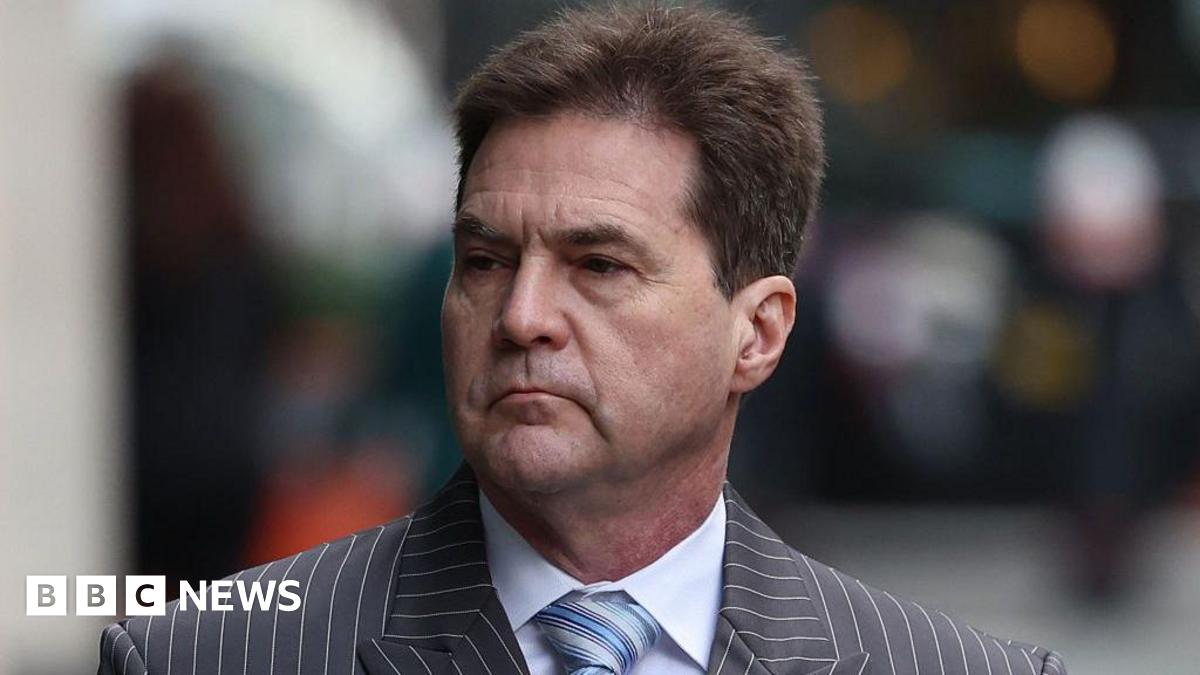Receive free Apple Inc updates
We’ll send you a myFT Daily Digest email rounding up the latest Apple Inc news every morning.
Several European countries, including Belgium, Germany, and Italy, are tracking a French regulatory action against Apple’s iPhone 12, raising the risk of more bans because of alleged breaches of radiation exposure limits.
France’s ANFR, the national frequency agency, on Tuesday ordered Apple to stop selling the iPhone 12, a model launched in 2020, in stores and online because tests carried out by the watchdog found that the smartphone failed to meet EU norms.
Jean-Noël Barrot, French junior minister for digital affairs, gave Apple a deadline of 15 days to update the phone’s software system to conform with the rules. “If it does not do so, I am ready to order the recall of iPhone 12s in circulation,” he told Le Parisien newspaper. “The rule is the same for everyone, including tech giants.”
French authorities notified the European Commission and regulators in other EU member states of their decision, in compliance with single market rules. The action has put Paris in a lead role on the matter because its decision will apply, unless there are objections, to other countries.
“For the time being, member states have a period of three months to examine these restrictions,” said Sonya Gospodinova, the commission’s spokesperson for the internal market. If no member state objects to the French actions, restrictions would apply across the whole of the EU, according to the commission.
Belgium’s technology minister Mathieu Michel has asked the country’s telecoms regulator to analyse the iPhone’s danger levels. He told the television news show RTL-Info that sales continued as the study was under way. German regulators said they were in touch with their French counterparts, according to Reuters.
Apple contests the findings of the French tests. It points out that the iPhone 12 has been certified by multiple international bodies and complies with so-called specific absorption rates standards that apply to devices that emit radio frequencies.
The flap is the latest example of European countries and Brussels taking actions against Apple, the biggest company in the world by market value. The group, led by chief executive Tim Cook, this week unveiled its iPhone 15 models, which all featured a universal USB-C charging port, following demands from EU regulators.
The issue with the iPhone 12 began when the ANFR found anomalies as it carried out its regular testing of smartphones sold in France. Its experts buy hundreds of models at random in stores annually and examine them to ensure they conform with EU norms on radiation.
Once ANFR uncovered the issue, it informed Apple and asked it to fix it, but was rebuffed so it opened up the enforcement action.
Apple has provided the results of its own tests as well as some from independent labs, which it says prove compliance. The iPhone 12 is no longer for sale at Apple’s online stores because its new model, the iPhone 15, launched this week.
Smartphones emit low levels of radiation when in use, and researchers have spent decades studying their potential health effects. The World Health Organization has said: “To date, no adverse health effects have been established as being caused by mobile phone use.”
Credit: Source link











